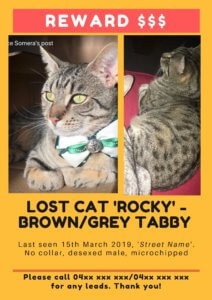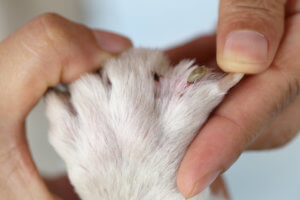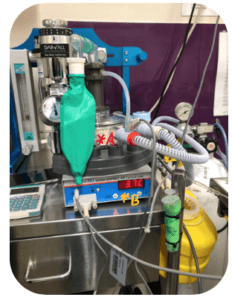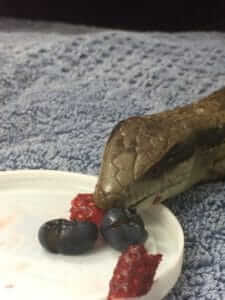Puppy’s First Vet Visit
Congratulations on your new family member! A new puppy is always an exciting time for the entire family.
Who can resist the wagging tail, puppy kisses and all too big paws of a growing pup
Whether you are a veteran puppy parent or not, it is always a good idea to bring your new little friend for a vet check – even if they are completely healthy and up to date with vaccinations.
The reason that we encourage a first vet check for your puppy is so that we can check for any health conditions that are not always obvious (for example heart murmurs or funny knees).
Another good reason for a first puppy check is that you can ask our vets any questions you have concerning your puppies health, training and future plans (this can range from discussions about diet, pet insurance, vaccination frequency, appropriate parasite prevention, dental health, toilet training and etc.)
We have complementary puppy packs for your pups first visit which gives you all the information you need to give your little friend the best start in life, you can access one of the puppy care plans here.
Make looking after your new puppy easier with our Pet Wellness Plans!
Lastly, we have Pet Wellness Plans that allow you spread the costs of your new puppies health needs as well saving you time and money.
These plans mean you never have to pay for your puppies vaccinations up front and also mean all their necessary parasite protection is delivered automatically to your front door whenever they are due.
We also include 20% off your puppies’ desexing, free microchipping and four free standard vet consults on these plans!
Read more about our Wellness Plans or Sign up directly here.
What to expect for your puppies’ first vet visit and vaccination







